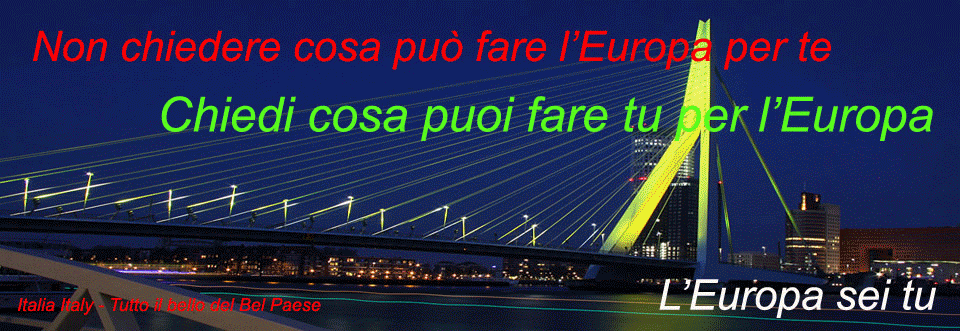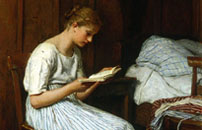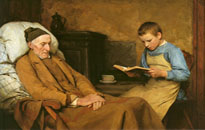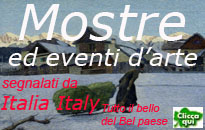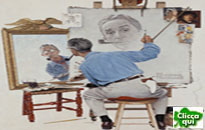 The Italian politician Altiero Spinelli was one of the fathers of the European Union. He was the leading figure behind the European Parliament’s proposal for a Treaty on a federal European Union - the so-called ‘Spinelli Plan’. This was ...
The Italian politician Altiero Spinelli was one of the fathers of the European Union. He was the leading figure behind the European Parliament’s proposal for a Treaty on a federal European Union - the so-called ‘Spinelli Plan’. This was ...
adopted in 1984 by an overwhelming majority in the Parliament and provided an important inspiration for the strengthening of the EU Treaties in the 1980s and ‘90s.
Altiero Spinelli was born in Rome on 31 August 1907 into a socialist family. He became politically active in the Italian Communist Party at a very early age.
In 1926, as a result of his activities within the Communist Party, he was arrested and convicted by Mussolini’s Fascist Special Tribunal and sentenced to 16 years and 8 months’ detention. Ten of these years were spent in prison and a further six in confinement. At the end of the Second World War, he established the Federalist Movement in Italy. In his role as advisor to personalities such as De Gasperi, Spaak and Monnet, he worked for European unification. A trained jurist, he also furthered the European cause in the academic field, and created the Institute of International Affairs in Rome. As a member of the European Commission he took over the area of internal policy from 1970 to 1976. For three years he served as a Member of the Italian Parliament for the Communist Party before being elected to the European Parliament in 1979. He died in 1986 and the main building of the European Parliament in Brussels is named after him.
During his time on Ventotene, Spinelli read the works of several federalist theorists. Inspired by their thoughts and ideas he drew up, together with other political prisoners, the Ventotene Manifesto in which he set out the focus of his federalist vision and the future of Europe. This Manifesto is one of the first documents arguing for a European constitution. Initially called ‘Towards a Free and United Europe’, the manifesto states that any victory over fascist powers would be useless, if it led to nothing more than establishing another version of the old European system of sovereign nation-states, but just in different alliances. This would only lead to another world war. The manifesto proposed the formation of a supranational European federation of states, the primary goal of which was to connect European states to such an extent that it would be impossible to enter into war ever again.
After his release from confinement in 1943, his writings served as the programme for the Movimento Federalista Europeo (Federalist Movement of Europe) which he created the same year. Throughout the rest of the 1940s and ‘50s, Spinelli became a staunch advocate of the Federalist cause of a united Europe. During this period he criticised the lack of progress in attempts to achieve European integration. He believed that intergovernmental cooperation with full national sovereignty in organisations like the OECD and the Council of Europe was not sufficient. For this reason, he was steadfastly committed to further integration. For instance, as political adviser to the then Italian Prime Minister, Alcide de Gasperi, he persuaded him to push for the forming of a European Defence Community.
Altiero Spinelli relentlessly pursued his goal of a European supranational government to prevent further wars and to join the countries of this continent into a united Europe. His thoughts inspired many changes in the European Union, in particular major increases of powers to the European Parliament. And the Federalist movement still holds regular meetings on the tiny island of Ventotene.

